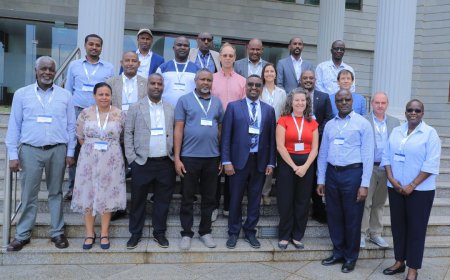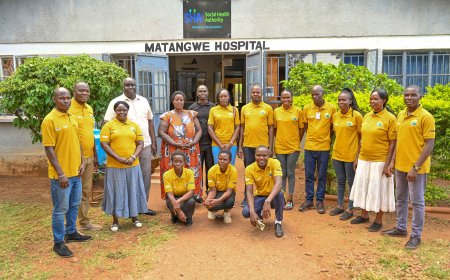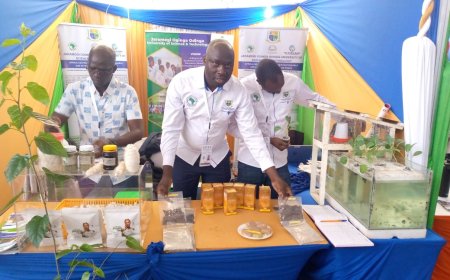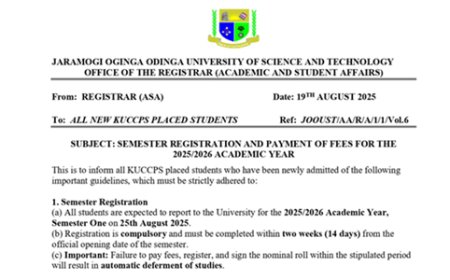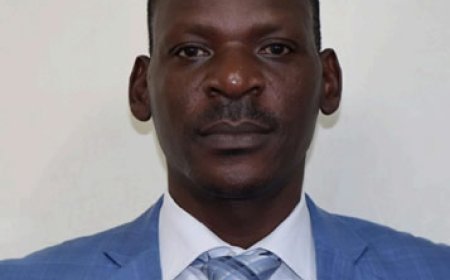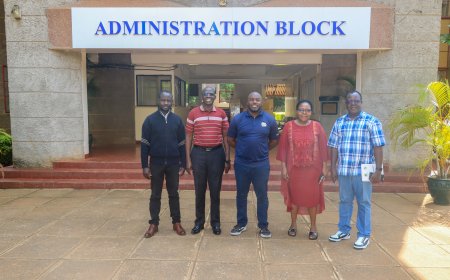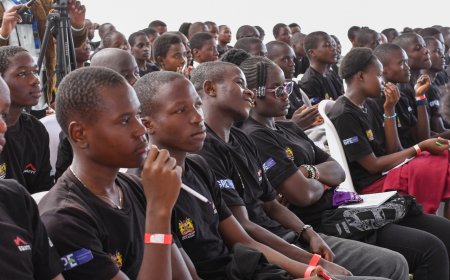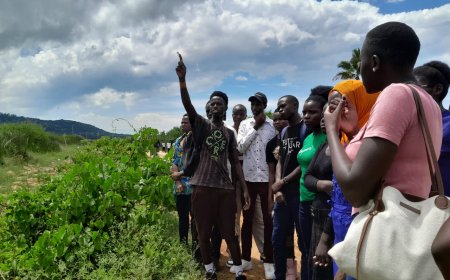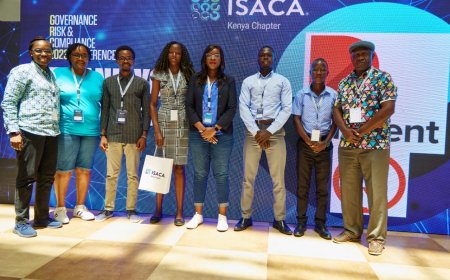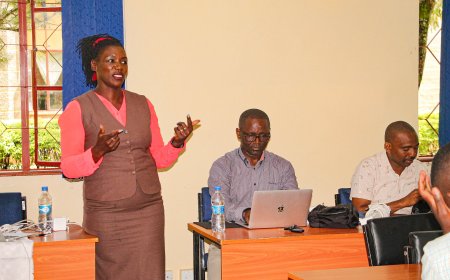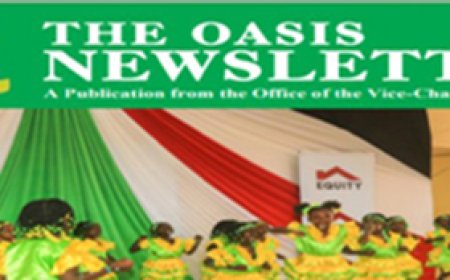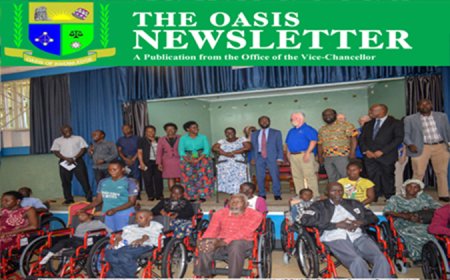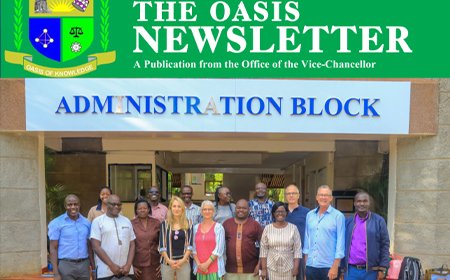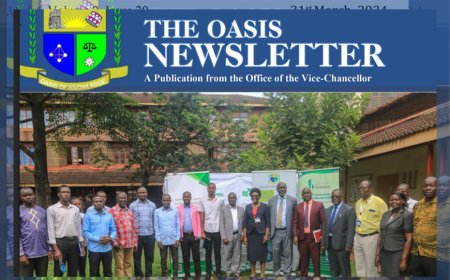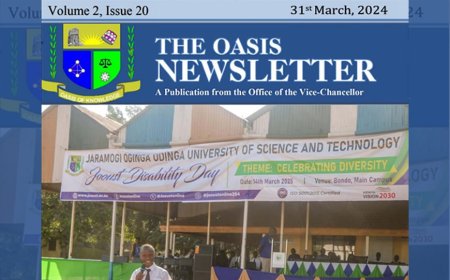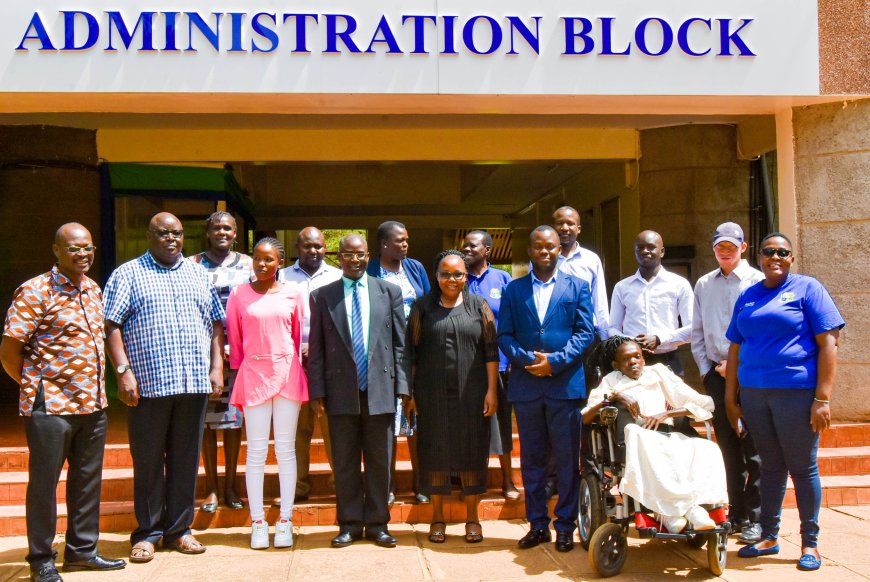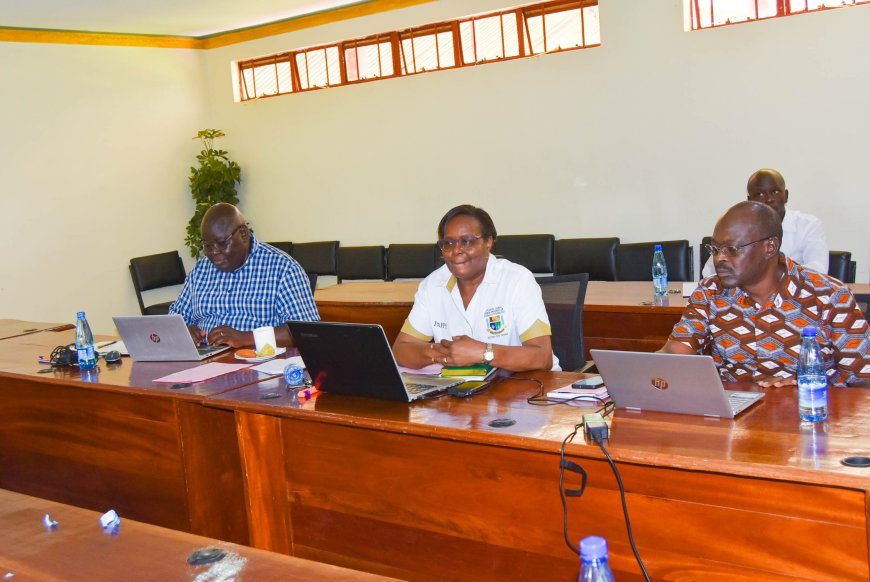Peeling back the mask of gambling harms in Kenyan Universities
Gambling is a reality in many societies across the globe, Kenya included. In a bid to address the often-overlooked issue of gambling harms among vulnerable populations in Kenyan public universities, a team of researchers from the School of Education, Humanities and Social Sciences (SEHSS), led by Mr. Gregory Jumah, has recently secured a significant research grant. towards their project entitled “Identification of and Intervention in Gambling Effects Among Vulnerable Groups in Public Universities in Kenya (GEPU)” from the esteemed Bristol Hub for Gambling Harms Research domiciled in Bristol University, United Kingdom (UK).
The research team, together with a host of stakeholders, convened for an inception workshop on the 2nd of February, 2024 in the EACII. This gathering served as a platform for brainstorming, strategizing, and laying the groundwork for the research ahead. Against a backdrop of palpitating anticipation and determination, Mr. Jumah and his colleagues outlined, blow by blow, the objectives and methodological constructs of their envisioned investigative journey.
At the core of the GEPU project is identifying and understanding the vulnerabilities that predispose certain groups to harmful gambling behaviors. Persons with Disabilities, lower grade university employees, and students from disadvantaged socioeconomic backgrounds have been pinpointed as particularly at risk. By delving into the motivational factors driving these individuals into harmful gambling, the researchers aim to uncover the root causes of the practice.
Utilizing a comprehensive approach, the study will administer a variety of research tools including questionnaires, Focus Group Discussions (FGDs), and interview schedules in their collection of both qualitative and quantitative data which, it is hoped, will provide a nuanced understanding of the impact of gambling harms on vulnerable groups within Kenyan universities.
Over and above mere identification, the GEPU project seeks to demonstrate the gravity of gambling harms among students and staff within public universities in Kenya. . Armed with empirical evidence, the researchers aim to advocate for the establishment of counseling sessions tailored specifically for affected students, staff, and parents/guardians. These sessions will serve as vital support systems, offering guidance and assistance to those grappling with adverse effects of gambling. In addition, one of the earmarked research outcomes is to develop a policy paper on gambling. Such a move bears the potential of integrating gambling education in the university curriculum to forestall gambling harms.
As the project unfolds, collaboration will be key. Mr. Jumah and his team are poised to work closely with stakeholders within the university community, including administrators, counselors, and student representatives. By fostering partnerships and engaging in dialogue, they hope to foster a culture of awareness, prevention, and intervention surrounding gambling harms. As they embark on this transformative journey, they carry with them the hope of building a safer and more inclusive academic environment for all.
